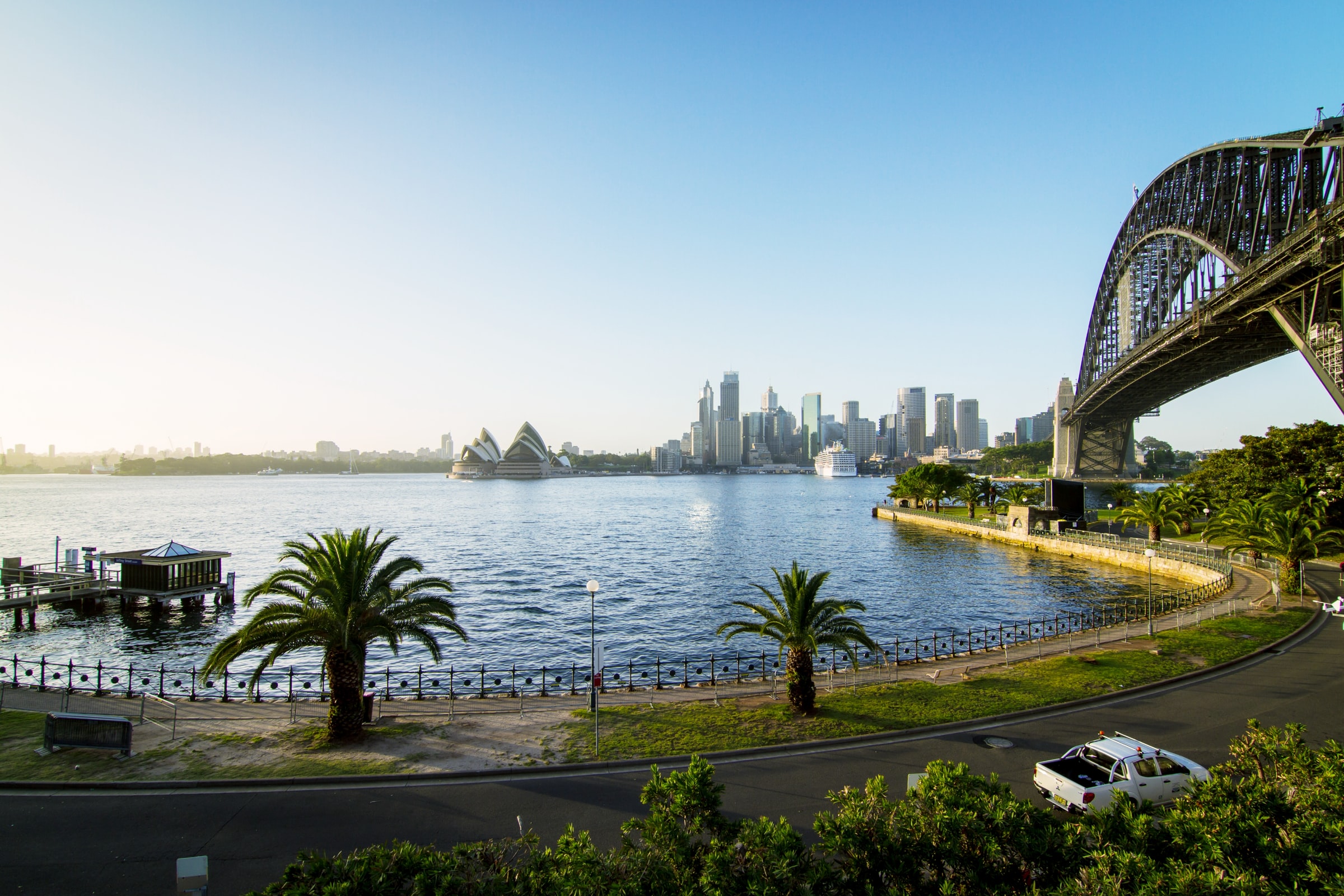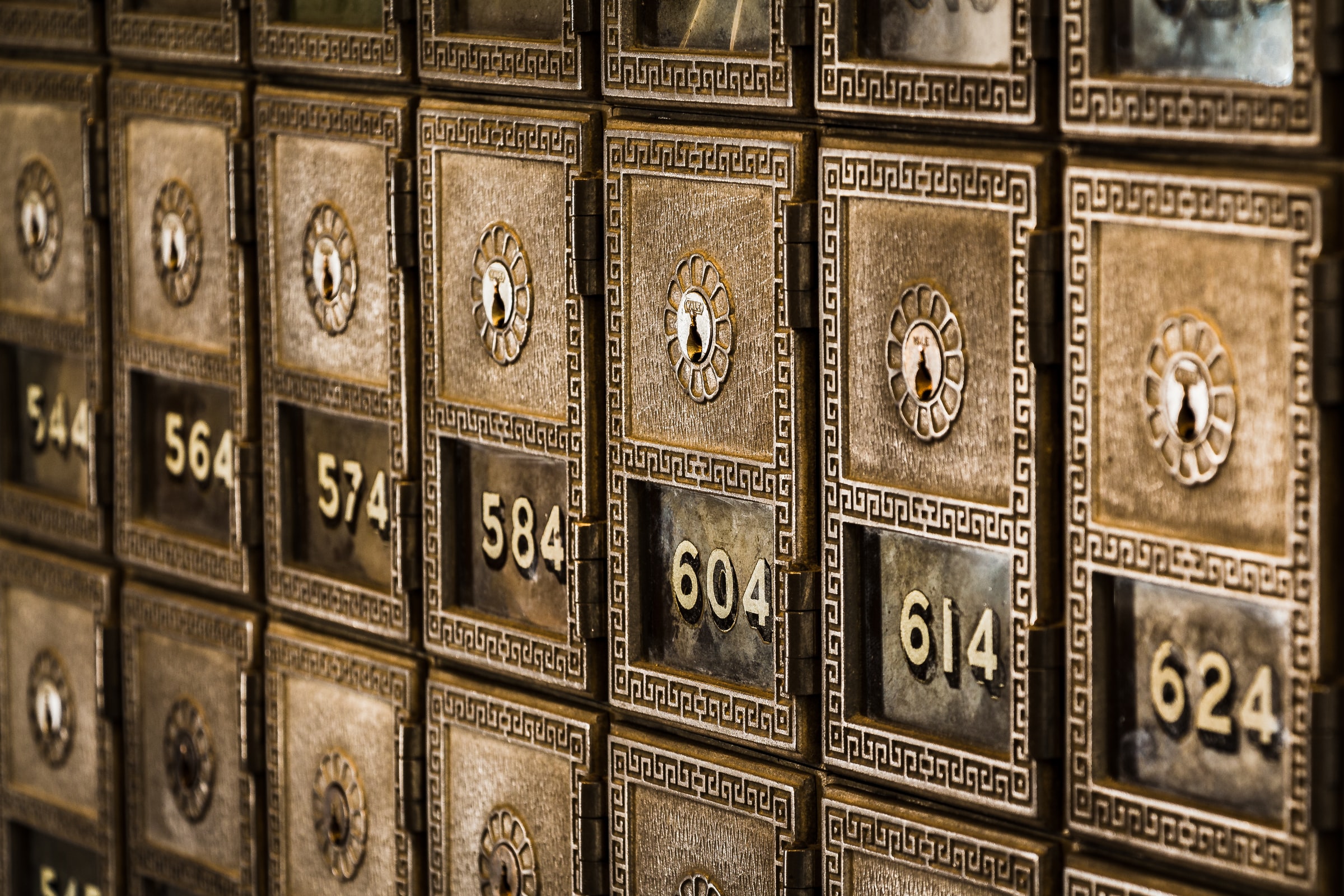On the 15th of October, Australia’s Flinders University and SIMBA Chain signed a memorandum of understanding (MOU) regarding future research.
Over a period of three years, the two institutions will collaborate on projects using distributed ledger technology for cybersecurity purposes.
United States DoD Contractor Keen On Helping Key Security Partners
Ever since 2017, SIMBA has secured multiple contracts with the US Department of Defense. The company has provided blockchain-based secure communications and supply chain solutions for the United States – and is now looking to assist key US Allies, such as Australia and NATO member states with the same technological solutions.
SIMBA Chain’s smart-contract-as-a-service (SCaaS) platform empowers users to easily develop and deploy sophisticated distributed applications (dApps) that are secure, unchangeable and that can easily be validated by auditors.
Ever since the advent of hybrid warfare – the main form of war waged within the past 30 years – government computers and even civilian populations have been targeted by cyberattacks by bad actors, whether state-funded or not.
Now, SIMBA and Flinders University – home to the Jeff Bleich Centre for the U.S. Alliance in Digital Technology, Security, and Governance – will see how they can use blockchain to prepare Australia’s military and industrial sectors – and those of its allies – against attacks by malevolent entities.
Zac Rogers (Ph.D.) – the research leader for the Jeff Bleich Centre – welcomes the opportunity to work with SIMBA.
In return, David Wasson – SIMBA Chain’s lead executive – recognized the partnership as a chance to work with some of the leading researchers in the area.
“Cybersecurity threats to governments and businesses around the world have never been greater and are becoming more sophisticated. We are excited about the new defense/academic collaborative agreement with Flinders University because it combines SIMBA Chain’s powerful blockchain security technology with Flinders’ world-class social scientists and digital anthropologists, which will produce actionable security solutions for Australia, the United States, and other global allies.”
Together with the recent quantum-proof blockchain proudly made by Monash and CSIRO, Australia is well on its way to a cyber-attack proof future.










